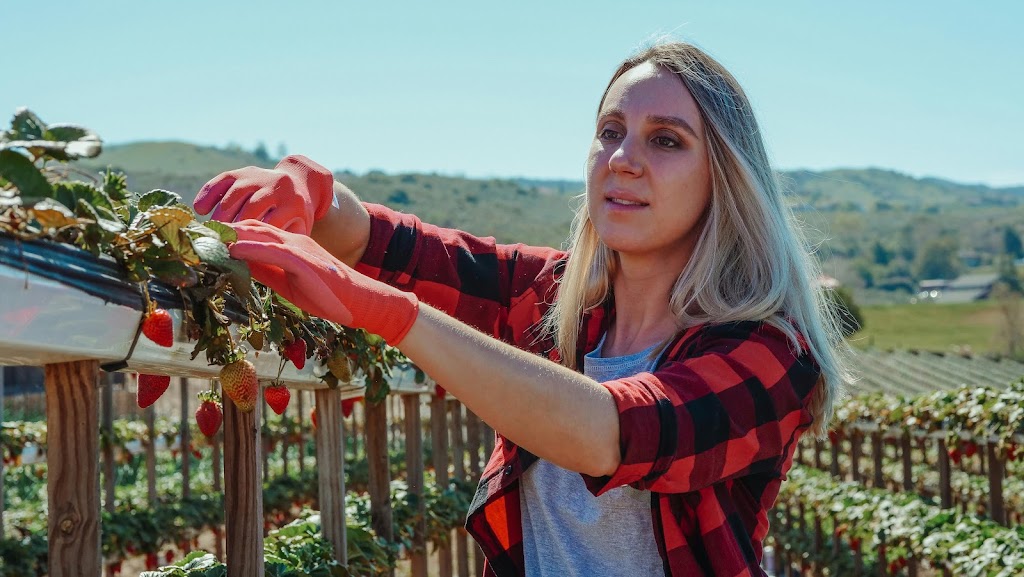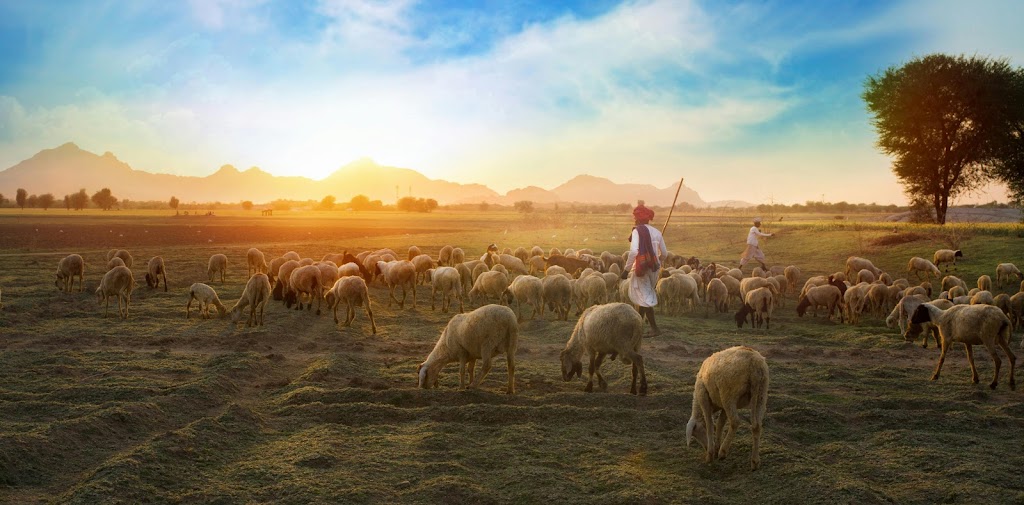Organic farming is a method of agriculture that emphasizes the use of natural and holistic practices to cultivate crops and raise livestock. It is a sustainable approach that avoids the use of synthetic pesticides, fertilizers, and genetically modified organisms (GMOs). In this article, we will explore the principles and benefits of organic farming, the steps involved in transitioning to organic practices, and frequently asked questions about organic farming. Join us on this journey as we delve into the world of organic agriculture and its positive impact on our health and the environment.
Organic Farming: Cultivating a Sustainable Future
1. Understanding Organic Farming
Organic farming is based on several key principles that differentiate it from conventional farming:
– Soil Health: Organic farmers focus on building and maintaining healthy soil through practices like composting, crop rotation, and cover cropping.
– Biodiversity: Organic farms encourage biodiversity by preserving natural habitats, planting diverse crops, and providing habitats for beneficial insects and wildlife.
– Prohibition of Synthetic Inputs: Organic farming prohibits the use of synthetic pesticides, herbicides, and fertilizers. Instead, it relies on natural alternatives and organic-approved inputs.
– Animal Welfare: Organic livestock farming prioritizes the well-being of animals, ensuring they have access to outdoor areas, are fed organic feed, and are not subjected to unnecessary medical treatments.
– GMO-Free: Organic farming prohibits the use of genetically modified organisms in both crop production and livestock feed.
2. Benefits of Organic Farming
Organic farming offers numerous benefits for human health, the environment, and the overall sustainability of agriculture:
– Reduced Chemical Exposure: By avoiding synthetic pesticides and fertilizers, organic farming reduces the risk of chemical residues in food and minimizes exposure to harmful substances.
– Enhanced Soil Fertility: Organic practices prioritize soil health, which leads to improved soil structure, nutrient content, and water-holding capacity.
– Conservation of Biodiversity: Organic farms provide habitats for beneficial insects, birds, and wildlife, promoting biodiversity and helping to preserve ecosystems.
– Water Conservation: Organic farming practices, such as mulching and cover cropping, help to reduce water runoff and promote water conservation.
– Climate Change Mitigation: Organic farming contributes to climate change mitigation by sequestering carbon in the soil, reducing greenhouse gas emissions, and promoting sustainable land management practices.
– Healthier Food: Organic produce is often nutritionally richer and free from potentially harmful synthetic chemicals, offering consumers a healthier food choice.
3. Transitioning to Organic Farming
Transitioning to organic farming requires careful planning and adherence to specific guidelines. Here are the general steps involved in the transition process:
Step 1: Assess Your Farm’s Suitability
– Evaluate your farm’s soil, water sources, and overall infrastructure to determine if it meets the requirements for organic certification.
– Consider the availability of organic markets and the demand for organic products in your area.
Step 2: Develop an Organic Farming Plan
– Identify the crops or livestock you want to produce organically.
– Develop a crop rotation plan to manage pests and diseases.
– Determine the organic farming practices you will implement, such as composting, cover cropping, and biological pest control.
Step 3: Transition Period
– The transition period typically lasts three years, during which you must follow organic practices but cannot label your products as organic.
– Maintain detailed records of your farming practices, inputs, and any challenges faced during the transition.
Step 4: Organic Certification
– After the transition period, you can apply for organic certification through a recognized certifying agency.
– The certifying agency will conduct inspections and verify that your farm meets the organic standards.
4. Frequently Asked Questions (FAQs)
Q1. Are organic products more expensive?
A: Organic products can be slightly more expensive due to the higher costs associated with organic production. However, prices can vary depending on factors such as location and market demand.
Q2. Can organic farming feed the world?
A: Yes, studies have shown that organic farming has the potential to feed the world population. By improving soil health, reducing waste, and promoting sustainable practices, organic farming can contribute to global food security.
Q3. Is organic farming more labor-intensive?
A: Organic farming may require more labor initially, as it often relies on manual weed control and organic pest management. However, with proper planning and implementation of efficient practices, labor requirements can be optimized.
5. Conclusion
Organic farming represents a sustainable and environmentally conscious approach to agriculture. By prioritizing soil health, biodiversity, and the well-being of animals, organic farmers contribute to a healthier planet and offer consumers a healthier food choice. Transitioning to organic farming requires careful planning, adherence to guidelines, and a commitment to sustainable practices. As consumers, supporting organic agriculture can help create a more sustainable and resilient food system for future generations. Let us embrace the principles of organic farming and work together towards a greener and healthier future.



